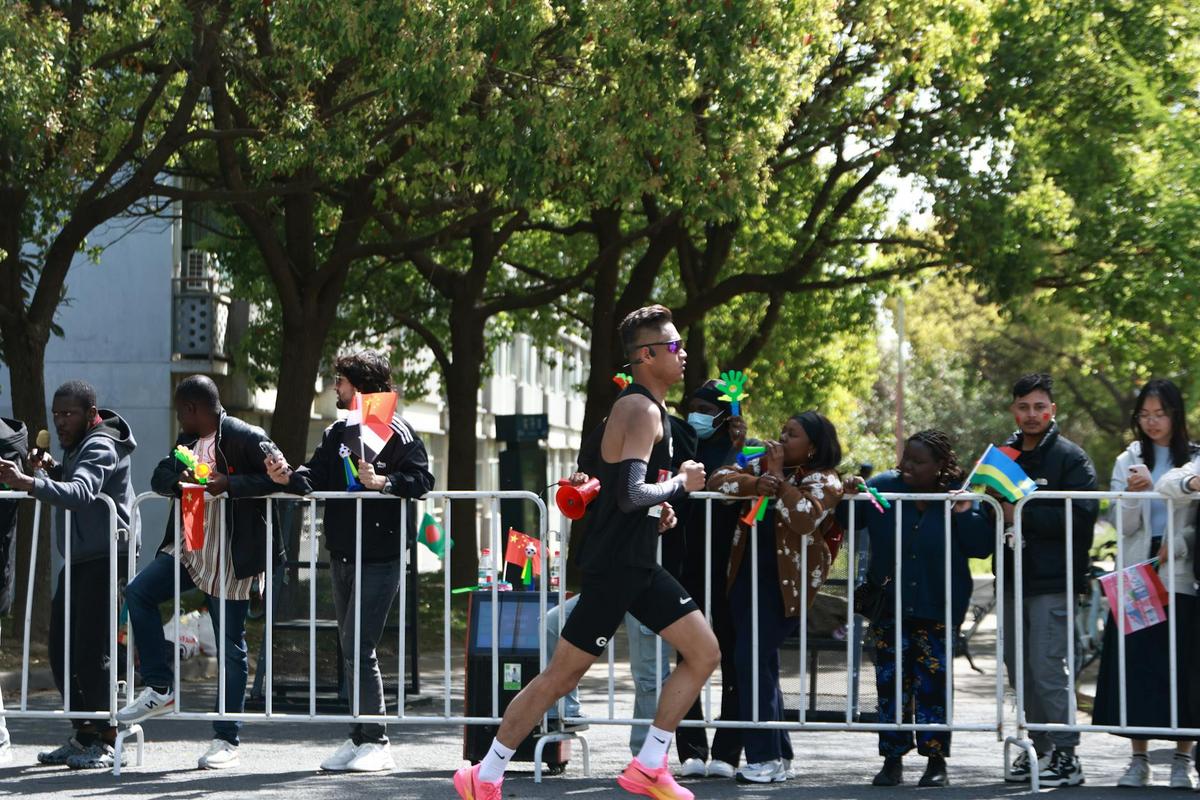Breaking through a weight loss plateau can be one of the most challenging parts of any fitness journey. It’s that frustrating period when, despite your best efforts, the scale refuses to budge. But fear not—there are effective strategies to overcome this hurdle and continue your path toward your goals.
When you hit a weight loss plateau, it’s essential to understand what might be causing it. According to fitness experts, plateaus often occur when your body adapts to a new routine or caloric intake. Dr. Michael Gervais, a renowned sports psychologist, suggests that this is a natural part of the body’s adaptation process.
Understanding the Plateau
Weight loss plateaus can be attributed to several factors, including metabolic adaptation, decreased motivation, and even water retention. Research indicates that as you lose weight, your body requires fewer calories to function, which can slow down your progress.
Statistics and Research
Studies show that approximately 80% of people experience a plateau at some point in their weight loss journey. This plateau can last anywhere from a few weeks to several months, depending on various personal factors.
Personal Experience
Take the example of Thorin, a dedicated runner who initially lost 30 pounds through diet and exercise. After a few months, his weight loss stalled. By reassessing his routine and incorporating strength training, Thorin eventually broke through his plateau.
Actionable Tips to Overcome a Plateau
- Revise Your Caloric Intake: As your body weight decreases, the number of calories you need also changes. Consider recalculating your caloric needs to ensure you’re not overeating.
- Shake Up Your Routine: Incorporate new exercises or increase the intensity of your workouts to challenge your muscles differently.
- Strength Training: Building muscle can boost your metabolism and help you burn more calories at rest.
- Mindful Eating: Pay attention to portion sizes and avoid mindless snacking.
Consider keeping a food diary to track your meals and snacks. This can help you identify any hidden calories that might be sneaking into your diet.
Comparison Table: Cardio vs. Strength Training
| Aspect | Cardio | Strength Training |
|---|---|---|
| Calorie Burn | High during activity | Moderate during activity, high after |
| Metabolic Boost | Temporary | Long-lasting |
| Muscle Gain | Minimal | Significant |
| Heart Health | Excellent | Good |
| Bone Density | Moderate | Excellent |
| Flexibility | Good | Moderate |
| Endurance | Excellent | Good |
| Variety | High | Moderate |
Frequently Asked Questions
Why do weight loss plateaus happen?
Plateaus occur due to metabolic adaptation, where your body gets used to your new weight and caloric intake.
How long does a plateau last?
It can last from a few weeks to several months, depending on individual circumstances and actions taken to overcome it.
Should I eat less to break a plateau?
Not necessarily. It’s important to eat enough to support your metabolism and energy needs. Reassessing your caloric needs might be helpful.
Conclusion
In conclusion, breaking through a weight loss plateau requires patience, persistence, and sometimes, a change in strategy. By understanding the reasons behind the plateau and implementing targeted strategies, you can reignite your progress. Remember, every step you take is a step towards your ultimate goal. Stay motivated, and don’t hesitate to seek support from peers or fitness professionals to keep you on track.




Leave a Reply